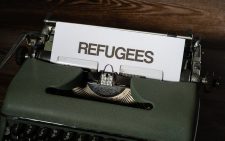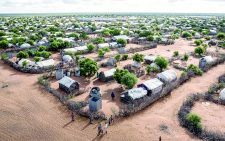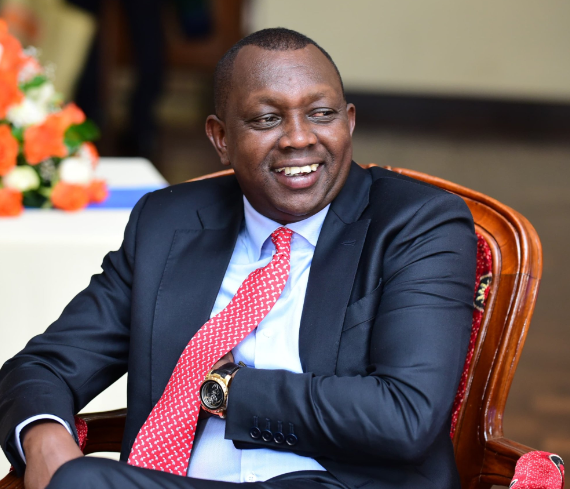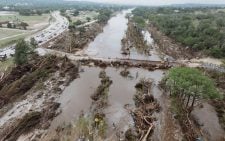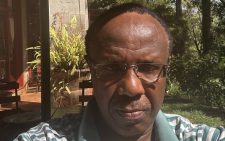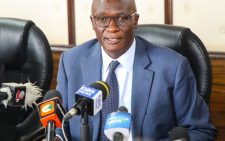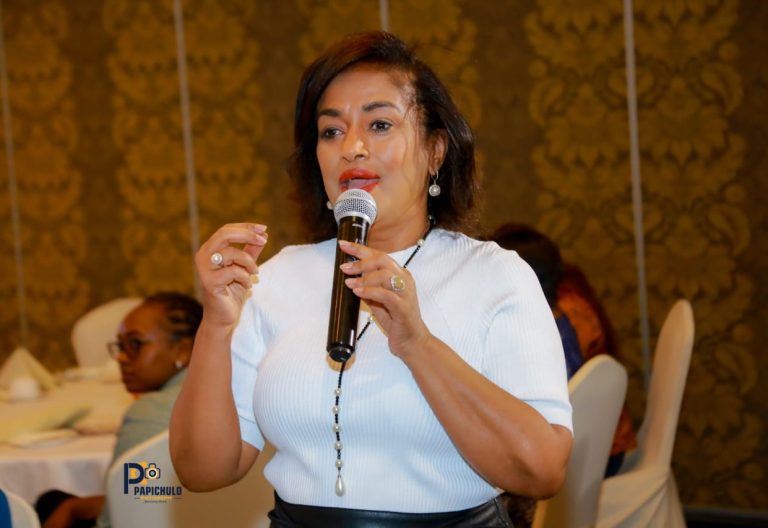How refugees language centre grew into a school
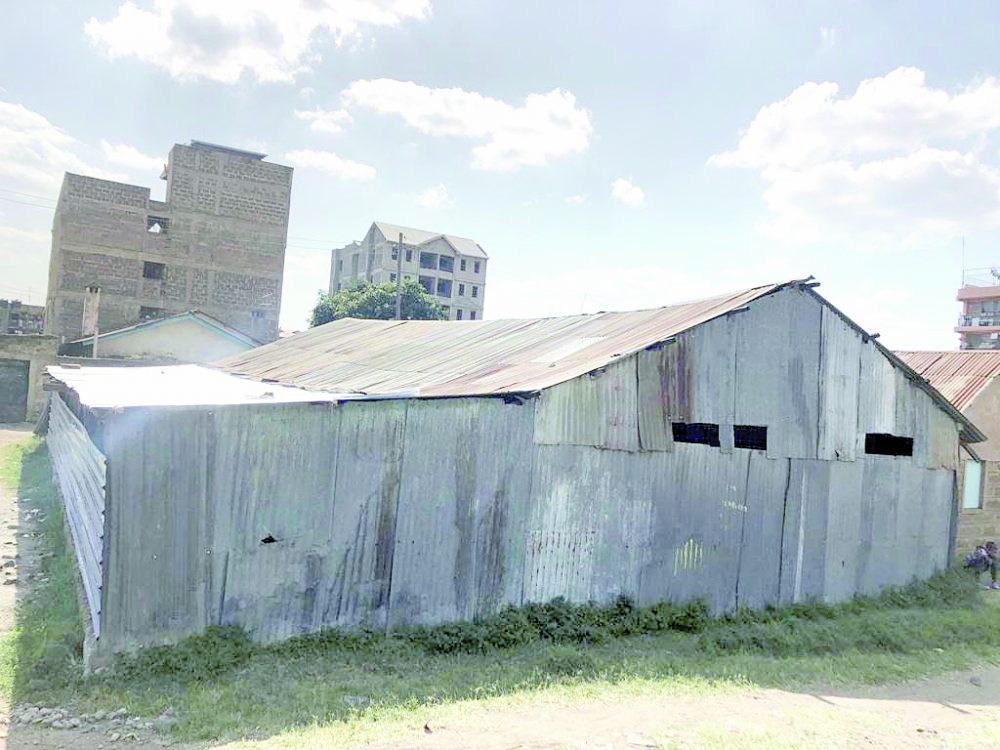
A mention of Congolese urban refugees in Kenya easily makes one think of colorful musicians pelting evergreen rhumba tunes in the city’s night clubs, tailors, barbers or hair stylists.
But Didier Kabandilwa, a Congolese refugee in Nairobi does not engage in any of these trades. He is a man who is lucky to have escaped clashes in his country and now making sure his fellow countrymen find their feet through education.
When Kabandilwa and his group of villagers fled Eastern Congo, and took a boat across River Tanganyika heading to Tanzania, they had no idea where their journey would take them. They, however, found a home in Nyarigusa refugee camp in Kigoma, Northern Tanzania, where they stayed for two years before they heard of Kenya’s potential to be their gateway to Europe.
“It is while we were at Nyarigusu that we heard of stories that they were opportunities in Kenya and we resolved to try our luck here,” says Kabandilwa from his ramshackle office at the Christ Victory Centre in Nairobi’s Githurai Kimbo estate.
Journey to Kenya
They then made their way to Kenya with hopes that they would find their way out with the help of United Nations High Commissioner for Refugees (UNHCR).
“After camping at the UNHCR offices for days with no help, we were told of an Ugandan pastor who was hosting Congolese refugees in Nairobi, and we trekked our way to find him. He helped us with accommodation and showed us our way around,” recalls the French language teacher. But aside from their dreams shutting before their eyes and being in unfamiliar grounds, their settling in Kenya came with several challenges.
Kabandilwa says as refugees, they were confronted with language barrier, which made their lives a nightmare in the unfamiliar terrain. The Congolese were coming from a French-speaking country and barely spoke any English or Kiswahili or understood the languages of their hosts. “Our people had difficulties communicating in matatus, markets and even in churches because they could not speak in Kiswahili, English or understand any other local languages,” Kabandilwa recalls. This challenge was not only an impediment to their communication with the locals, but also to their chance of earning as they could not find even menial jobs because of language barrier and resistance from locals eyeing similar opportunities. Kabandilwa says not only were the adults affected, but also their French-speaking children as they could not take them to Kenyan schools, which taught in English and Kiswahili. Also, due to their frequent movements in search of peaceful country, the children were old for their respective classes. “Our children could not go to the same classes with other children their agemates because they were old for the classes they were expected to join. This made them stay away from school,” he notes. To adopt to their new home, the refugees had to devise ways of how to integrate with their hosts through communicating one language. And that is how the Christ Victory Centre was born in Kimbo estate, Nairobi County.
Education centre
“With the help of local church volunteers, the refugees came together to establish a language learning centre to address our challenges and that of our children,” says Kabandilwa.
The centre was set up to mainly teach the refugees English and Kiswahili. “Our children could not be accommodated in local schools because of language barrier, the public-school grading system was different and many of the refugees could not afford the fees,” says Kabandilwa, who is the director of th centre that is registered as a Community Based Organisation.
The centre was set up with the help of locals who volunteered as teachers while a church from the US supported the founders to purchase land for relocation to its current site. And years down the line, the centre has rose from a mere language school to a community school hosting nearly 350 learners- from nursery to Junior High School.
Even though most of the learners are asylum seekers from Congo, Burundi and South Sudan, the pupils undertake the Kenyan education system.
Kabandilwa says the institution has grown to a point it accommodates Kenyan students from communities living in the neighbourhood mainly due to its affordability.
“We have seven teachers who are all Kenyans while some Rwandese refugees and locals work as cooks,” he says.
Wesley Ngabwe, the school’s secretary says the centre survives on the communities’ kindness and well-wishers.
Ngabwe who is also a refugee from Congo says their major headache has been improving their infrastructure to accommodate their increasing number of pupils as well as meet the ministry of education’s directives to improve their structures. He says, “The ministry conducted an inspection on the centre and recommended that we improve our structures such as classes and toilets before we can be registered as a school.”
“Our major challenge is completion of these classrooms. Most of our parents cannot afford the school fees because they have no source of livelihood due their refuge status. Some of them even come to us for assistance such as asking for the little food we have for their children.
“That is how dire the situation is at our centre,” Ngabwe says.
He says even though they are operating as a CBO, their desire is to have the school registered and fully recognized by the ministry and this can only happen if well-wishers came to their aid.
